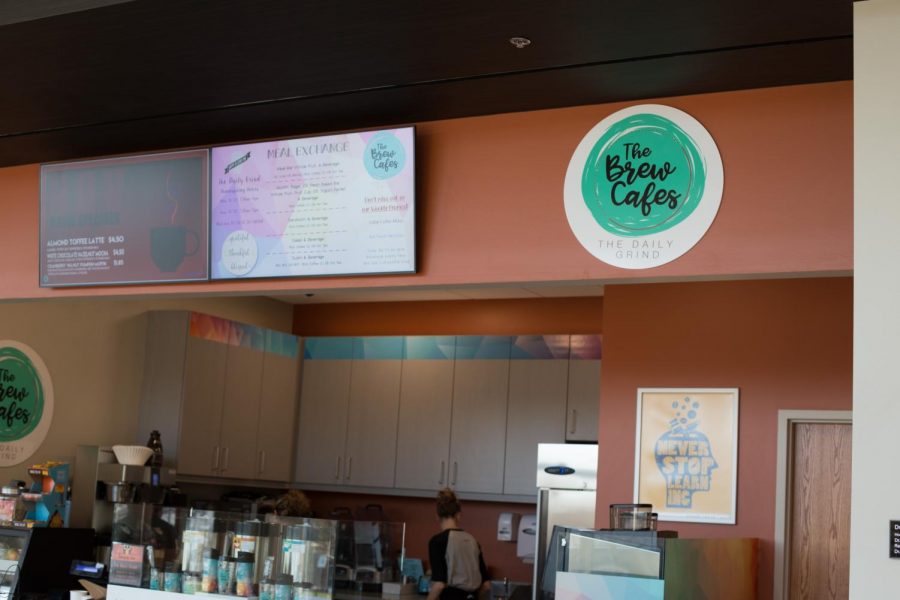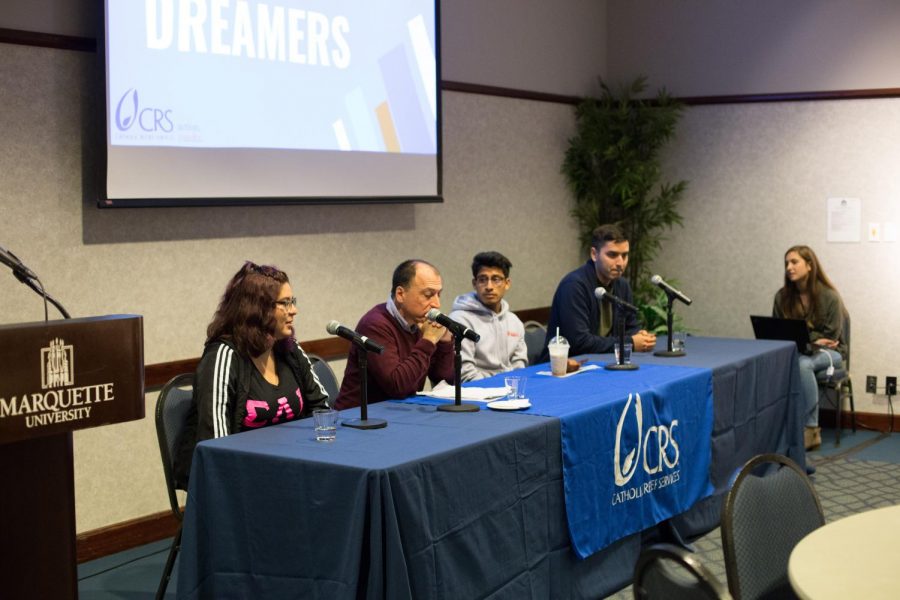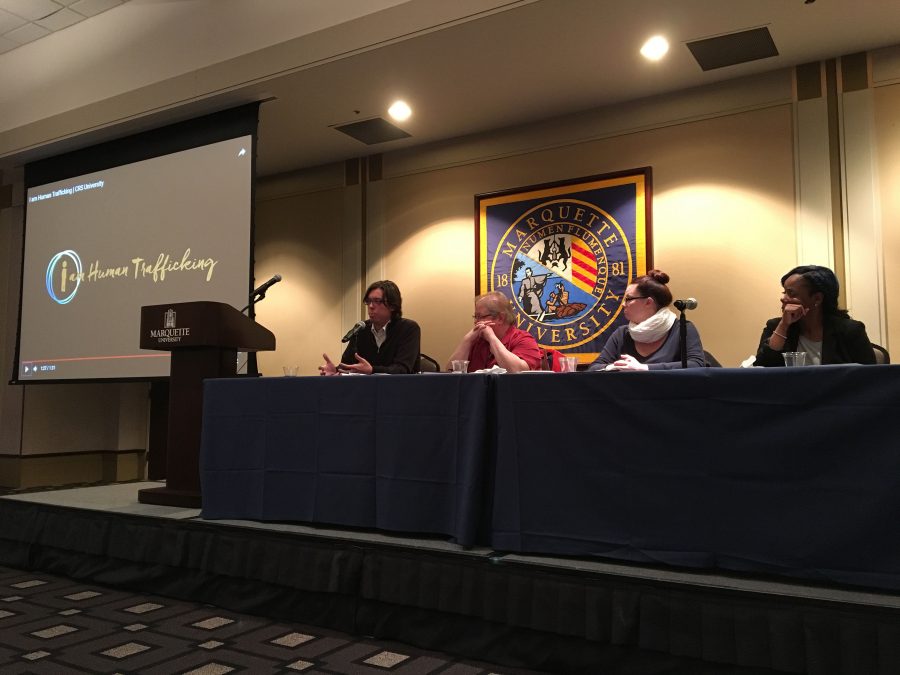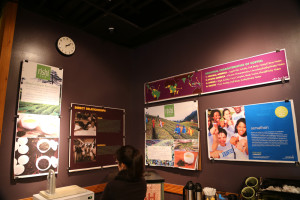This school year, Catholic Relief Services, via the Campus Ambassador Program at Marquette, announced plans to include a greater selection of fair trade items on campus. As part of their mission, CRS has actively promoted the fair trade movement as a means of fulfilling the Catholic social teaching principle of serving and caring for the poor, a stance our Jesuit university upholds as well.
The fair trade movement looks to rectify wage inequity for developing nation farmers, teaching sustainable farming techniques and cutting out profit-oriented middlemen as much as possible. In the international market, coffee is the second most widely traded commodity in the world, yet is also an industry known for a highly impoverished developing nation labor force, with fluctuating prices and difficult economic conditions to make a significant living. Other commodities, such as cocoa, sugar and fresh fruit, are similarly subject to issues of wage inequity and destitute living conditions for farmers.
By joining with CRS in their efforts to make the university a fair trade campus, Marquette would take an active and positive role in serving others and in re-solidifying its Jesuit identity. The inclusion of consumer items cultivated on a service-based production model fits in well with the university’s mission.
While all Brew locations on campus currently carry several organic and fair trade coffees via Stone Creek Coffee, CRS looks to expand the selection to all dining halls as well, requiring an agreement with Sodexo to offer a handful of fair trade certified items.
Marquette would be in good company. Other Jesuit universities, such as Fordham University and Seattle University, have successfully implemented fair trade items in various on-campus retail outlets, including bookstores and dining halls. The most popular fair trade items include bananas, coffee and chocolate, all of which can be easily integrated into existing dining hall menus.
Having fair trade items in the dining halls allows students to know not only where their products are being sourced from, but also that they were produced in a sustainable manner. With clear labeling and promotion, the inclusion of these products can also bring the issue to light for many students who may have been unaware of the free trade/fair trade debate in the first place. These small gestures can help Marquette students attain a more globalized outlook, knowing how everyday choices can have effects around the world.
Of course, going fair trade does come with its own cost—namely, a slightly higher price tag on items we regularly enjoy, such as sugar or bananas. Consumers can currently buy most of these commodities at relatively low prices: paying farmers with low wages allows companies to turn out high profits on a low-priced product. For students, cheap products may seem like a benefit, but they come at a high costs to farmers. As a result, consumers must be willing to spend a little extra for fair trade products to allow farmers to earn a higher income.
The price difference is less significant with commodities such as coffee, which have a higher volume of cooperatives and can more readily bear production and shipping costs, but can be weightier with commodities such as bananas, whose fair trade market is still in development. The choice of products depends on the agreement struck between CRS and Sodexo; until one is made, the related costs of becoming a fair trade campus are generally unknown.
More than likely, this price hike would manifest itself in the cost of students’ meal plans. The Anytime Plan, which is required for first and second-year students living in the residence halls, currently stands at $1,955 per semester. With tuition prices also on the rise, the possibility of an additional price increase may not sound appealing to students or their parents.
One must consider, however, how this price increase, if it indeed occurred, would not be inconsequential. Having fair trade products on campus would be an easy way for students to do a little good in the world each day and could help promote diverse products on campus while instilling change far away.










